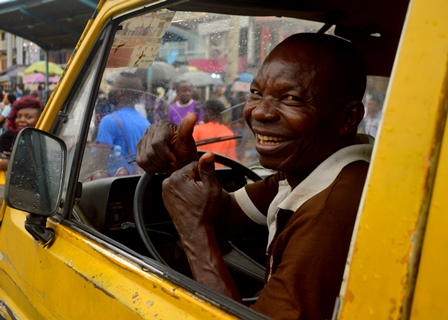
Driving in Nigeria demands sharp focus and smart habits to stay safe amid traffic chaos, potholes, and sudden hazards. Whether you’re behind the wheel of a danfo, taxi, or private car, road safety starts with you. These practical tips cover defensive driving, vehicle checks, and emergency prep to cut risks and protect lives.
Follow them daily to avoid crashes, fines, or breakdowns. Simple actions like keeping distance, signaling early, and resting well make a big difference. Stay alert, obey limits, and drive defensively. Safe roads mean fewer accidents and smoother journeys for everyone. Let’s keep Nigeria’s streets safer, one trip at a time.
Pre-Drive Prep
Get enough sleep:
No driving if you’re drowsy. Fatigue causes more crashes than speed in heavy traffic.
Secure loads and passengers:
Ensure no loose items in the cab; remind passengers to buckle up if seats have belts.
Plan routes:
Use apps like Google Maps if you are unsure of the directions and ask for directions when necessary to avoid known bad spots.
While Driving
Obey speed limits:
In town, stick to 50-60 km/h max; slow down more in rain or near markets/schools. Speed kills on potholed roads.
Keep distance:
Leave at least 3 seconds behind the vehicle ahead (more in wet conditions). Motorcyclists and pedestrians dart out everywhere.
Use signals early:
Indicate well before turning or changing lanes. Don’t assume others see you.
Avoid distractions:
No phone use (even hands-free while moving). If you must take a call, pull over safely.
Watch for hazards:
Potholes, flooded areas, stray animals, and erratic drivers. In Nigeria, scan far ahead and use horns sparingly but effectively to alert.
Night driving:
Use low beams in traffic; clean windshield to reduce glare from okada lights.
Passenger and Emergency Handling
Be courteous but firm:
No overloading. It affects braking and stability.
Carry basics:
Spare tire (inflated), jack, warning triangle, first-aid kit, fire extinguisher, and torch.
In case of breakdown:
Pull to the side, put on hazards, set up triangle 50m back, and call for help (FRSC hotline 122).
Health check:
If you feel unwell, don’t drive. High blood pressure or eye issues are common risks for long-hour drivers.
